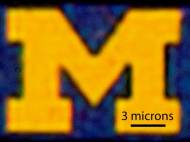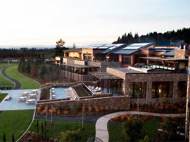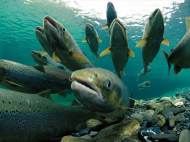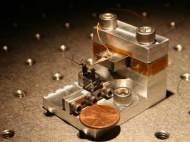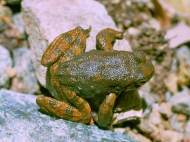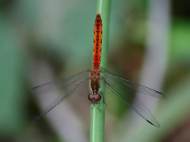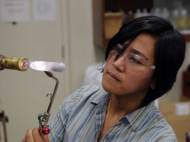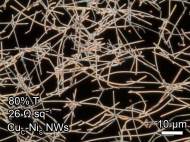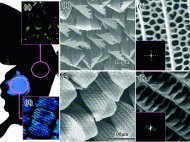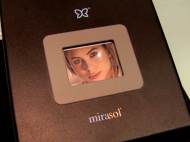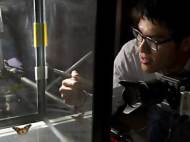Laser beams used to contain and move tiny objects
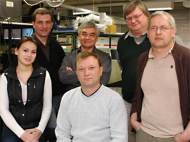 Although it’s been years since optical tweezers have been used to move particles, the previous methods weren’t able to move them on distances larger than few millimeters. Researchers at the Australian National University (ANU) made a breakthrough by developing a method which can move objects much further by using laser beams. The researches have managed… »
Although it’s been years since optical tweezers have been used to move particles, the previous methods weren’t able to move them on distances larger than few millimeters. Researchers at the Australian National University (ANU) made a breakthrough by developing a method which can move objects much further by using laser beams. The researches have managed… »

